Religion Holiday
-
-
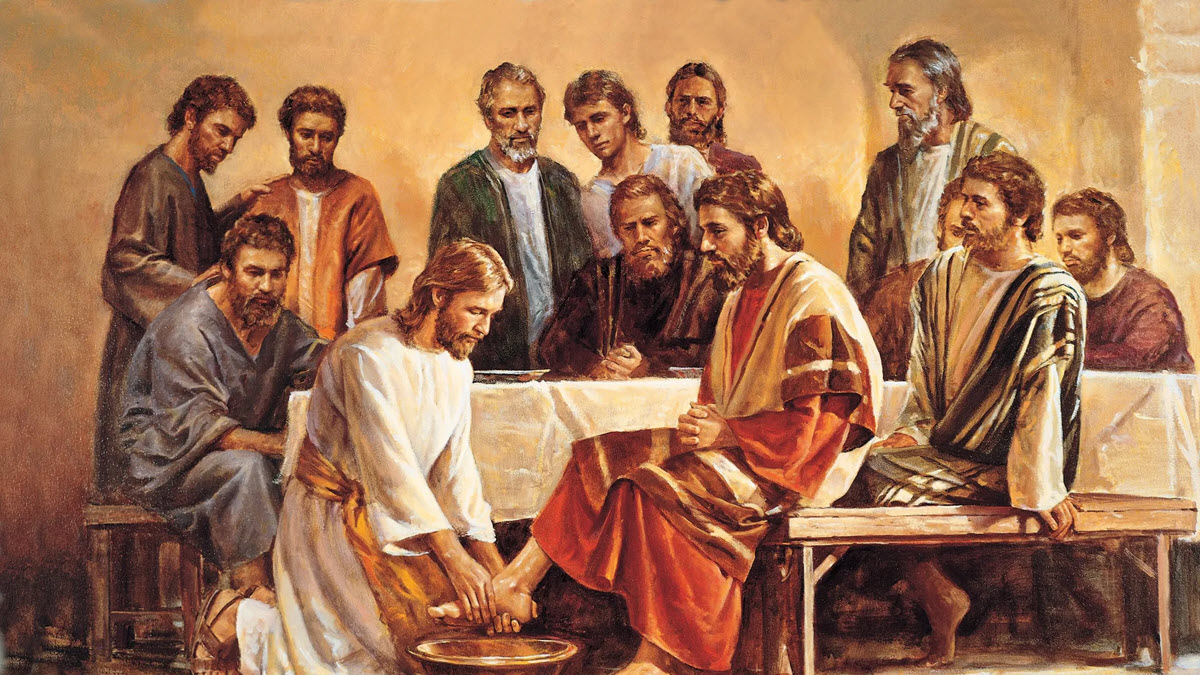
Orthodox Maundy Thursday
Orthodox Maundy Thursday, also known as Great and Holy Thursday, is one of the most important days in the Eastern Orthodox Church's observance of Holy Week. It commemorates the Last Supper, the institution of the Eucharist, and Jesus’s washing of the disciples’ feet, as well as the betrayal of Jesus by Judas. It serves as a profound moment of reflection on Christ’s humility, love, and sacrifice.
-
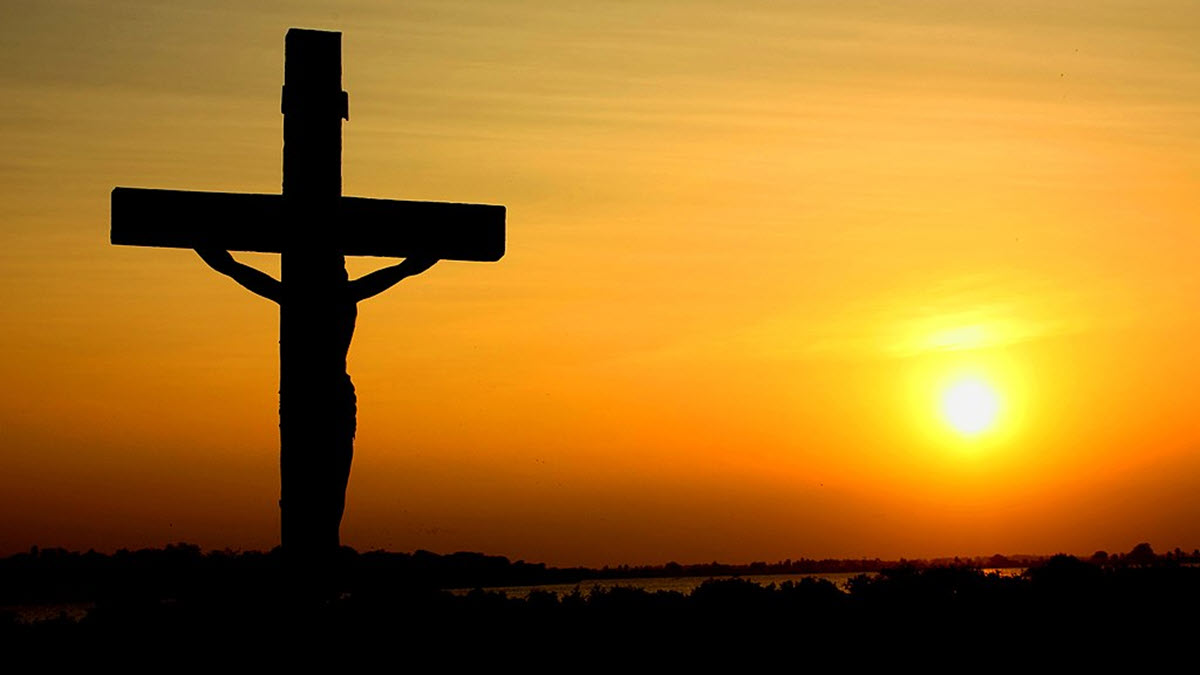
Orthodox Good Friday
Orthodox Good Friday, also known as Great Friday or Holy Friday, is one of the most solemn days in the Eastern Orthodox Church, commemorating the crucifixion and death of Jesus Christ. It is part of the final days of Holy Week, leading up to Orthodox Easter.
-
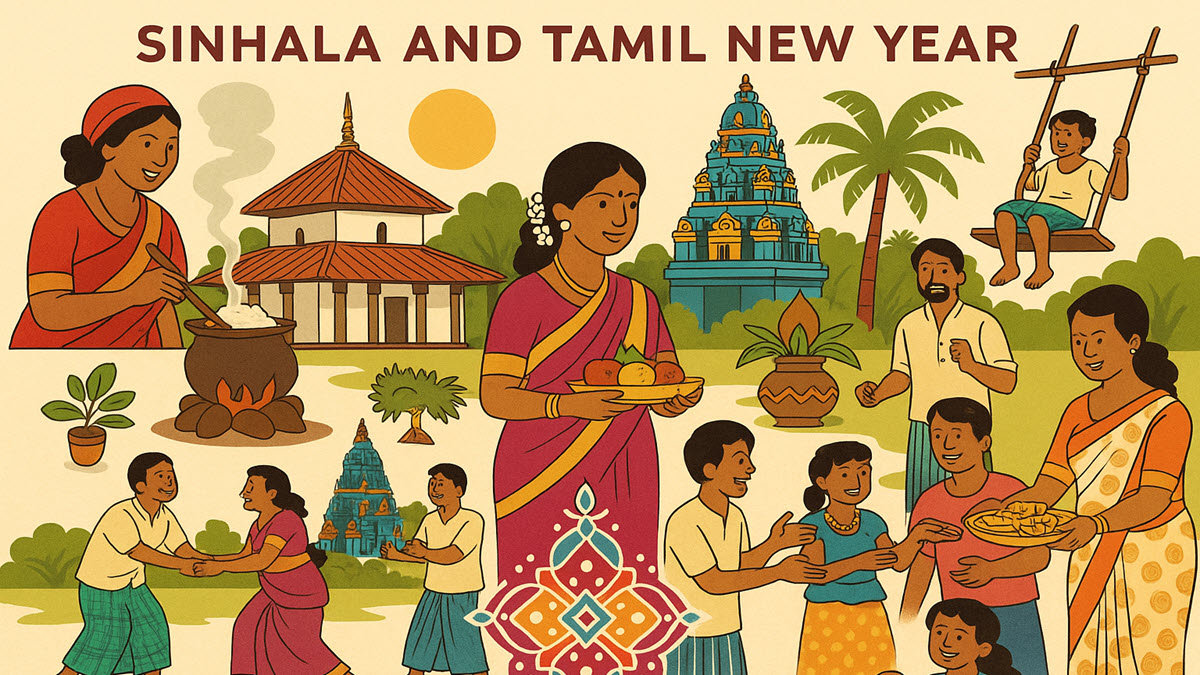
Sinhala and Tamil New Year
The Sinhala and Tamil New Year marks the solar new year and the end of the harvest season in Sri Lanka. It symbolizes prosperity, renewal and cultural unity across Sinhalese Buddhists and Tamil Hindus.
-

St. George's Day
St. George’s Day is a Christian feast day celebrated on April 23, in honor of St. George, the patron saint of England, and several other countries and regions.
-
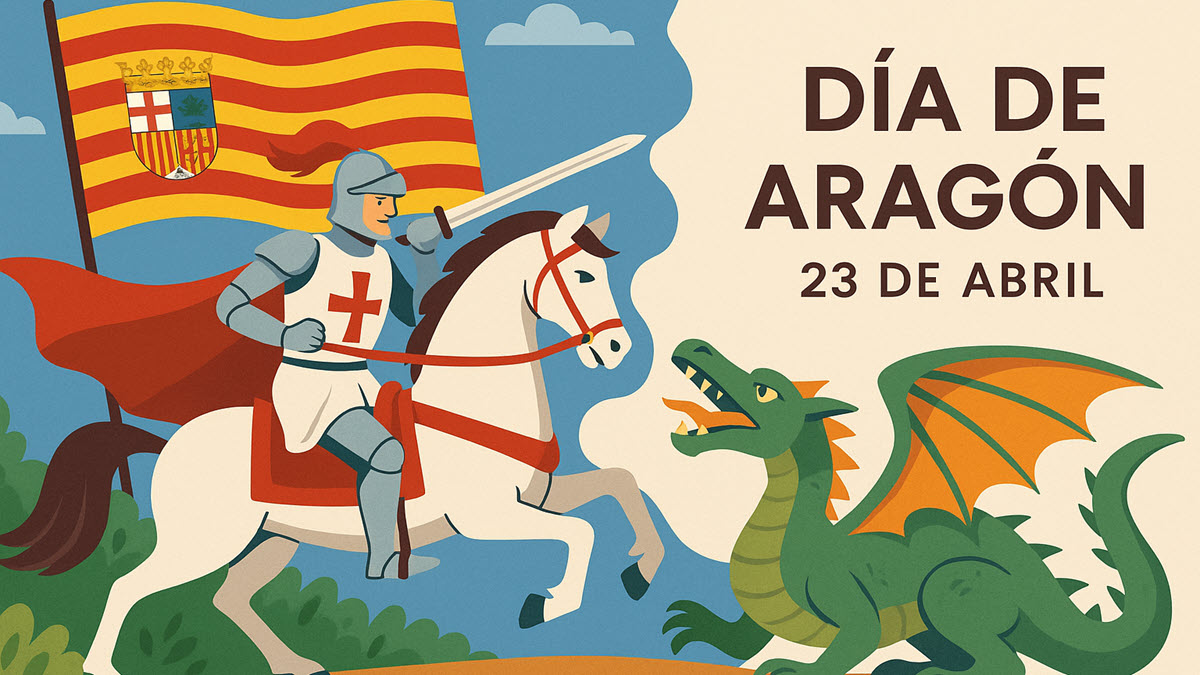
Aragonese Day
Aragonese Day honors both Saint George, the patron saint of Aragon, and the region’s identity and autonomy. It combines history and modern culture in a day of ceremonies and festivities.
-
-
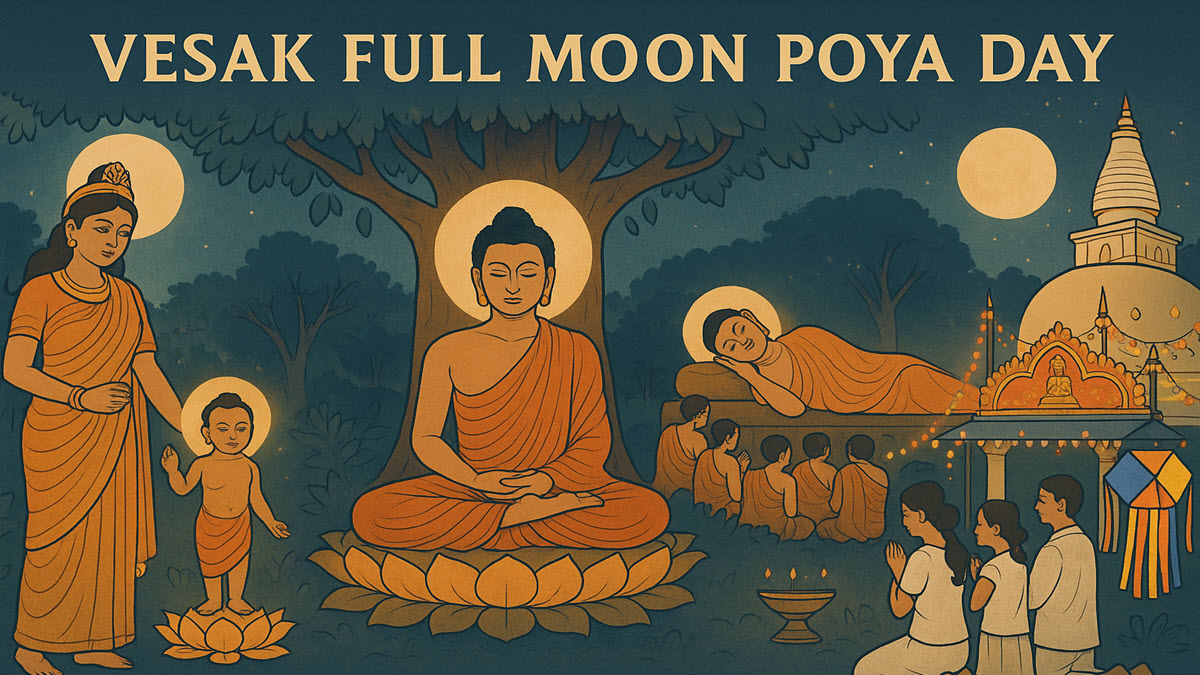
Vesak Full Moon Poya Day
Vesak Full Moon Poya, rooted in ancient India, commemorates the birth, Enlightenment, and passing away of the Buddha, all on the full moon of May. Introduced to Sri Lanka in the 3rd century BCE, it became the island's most sacred Buddhist festival. Today, Vesak is celebrated with temple rituals and almsgiving, symbolizing peace and the victory of wisdom over ignorance.
-
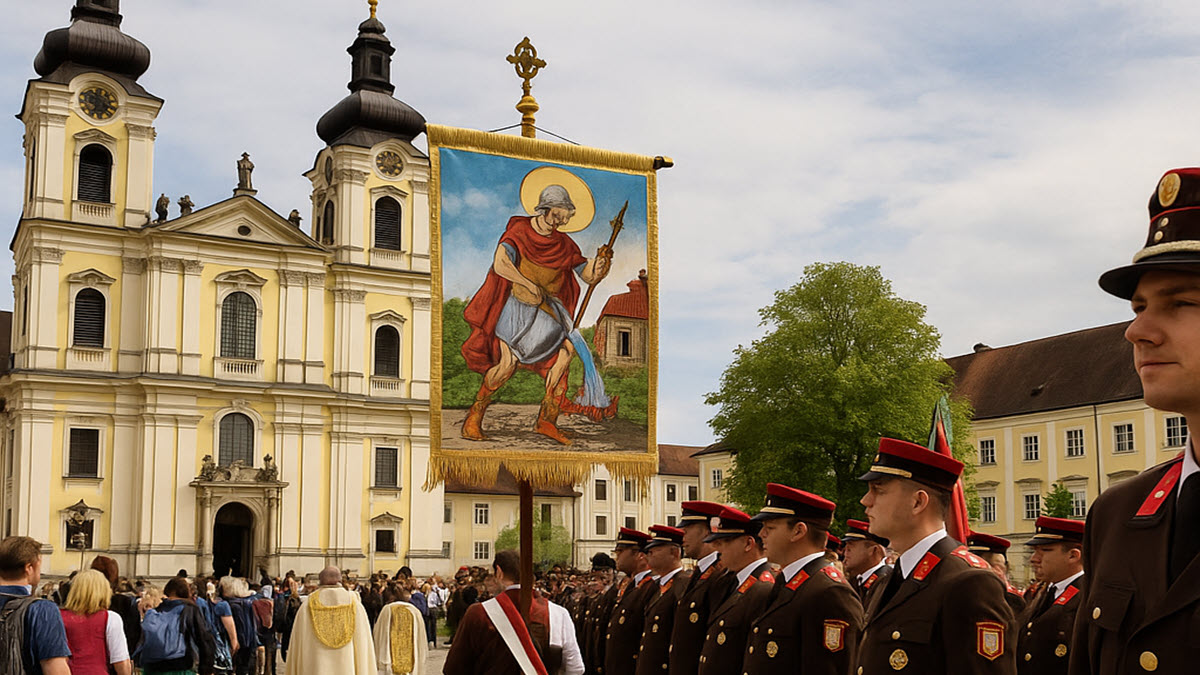
St. Florian's Day
St. Florian’s Day is one of Upper Austria’s most meaningful regional feast days. It honors St. Florian, the patron saint of the region and of firefighters, through religious pilgrimages to St. Florian Monastery, firefighter ceremonies and community festivals, keeping alive traditions that date back to the early Middle Ages.
-
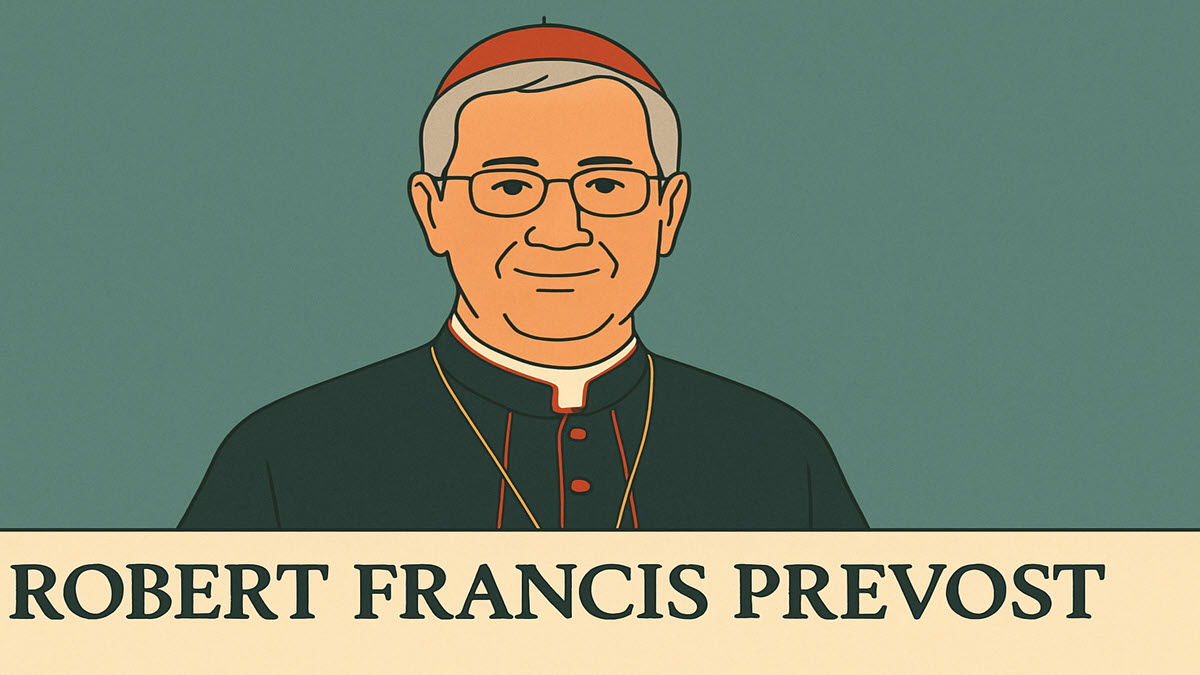
Pope Leo XIV
Pope Leo XIV was elected as the 266th successor to St. Peter on May 8, 2025, following the death of Pope Francis. His election marked a historic moment as he became the first American-born pope and the first member of the Augustinian order to ascend to the papacy.
-
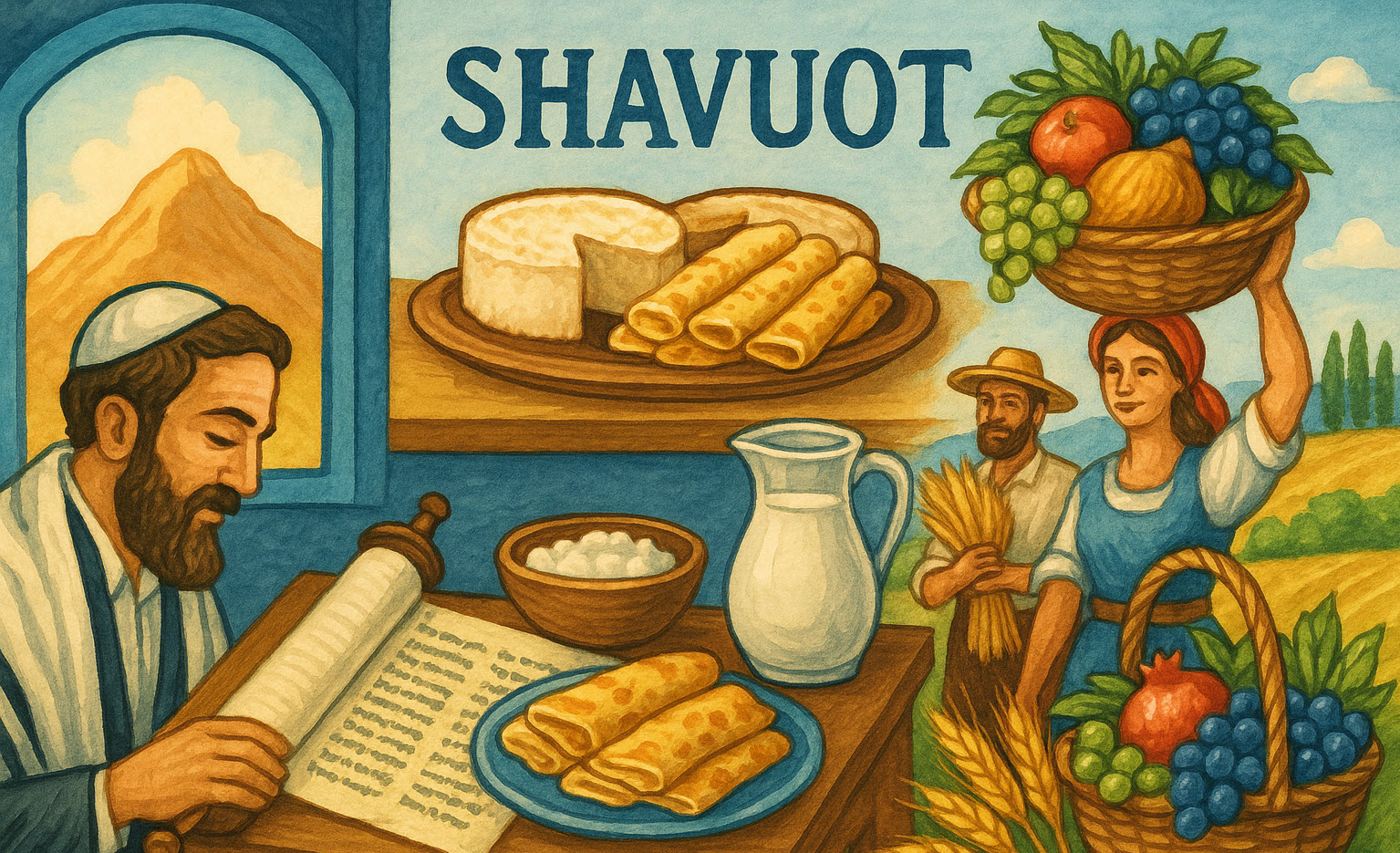
Shavuot (Israel)
In Israel, Shavuot is a one-day festival with dual meaning: it celebrates the giving of the Torah at Sinai and the harvest of the first fruits. It is observed with Torah study, seating dairy foods, and agricultural festivals, making it both a deeply spiritual and earthly celebration.
-
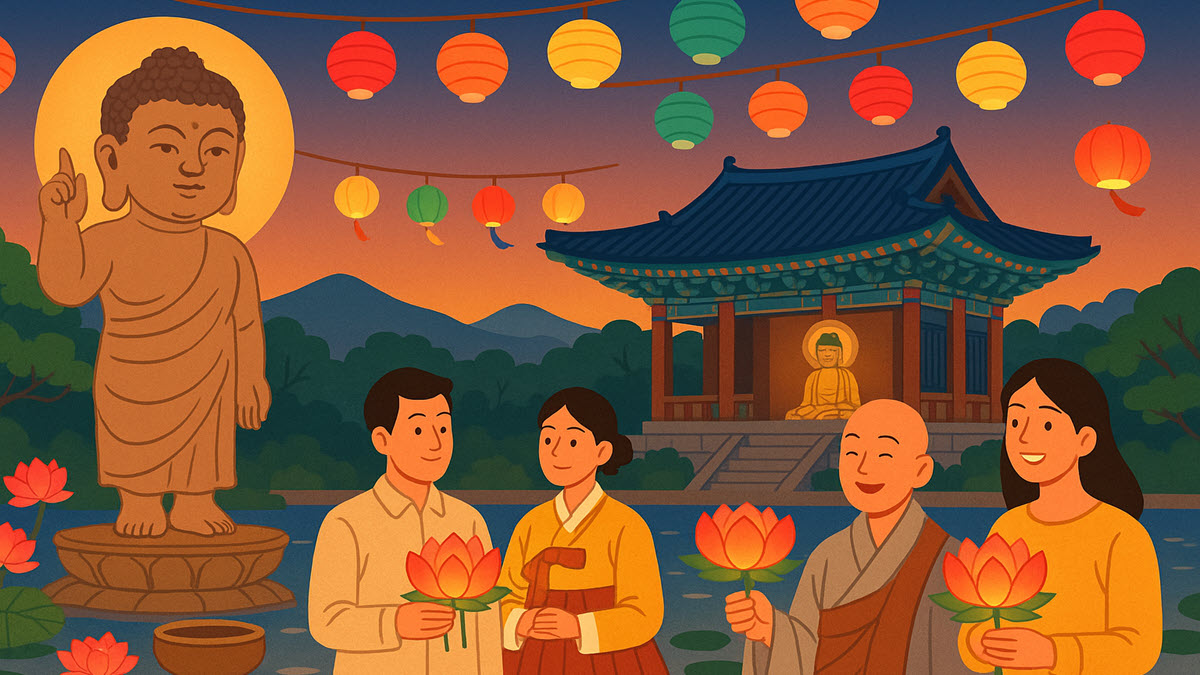
Buddha's Birthday (South Korea)
Buddha’s Birthday originated in India, spread across Asia with Buddhism, and became a central festival in Korea from the 4th century CE. Despite suppression under Confucian rule, it survived and is now one of Korea’s most cherished holidays, marked by lantern festivals, rituals, and cultural celebrations.
-
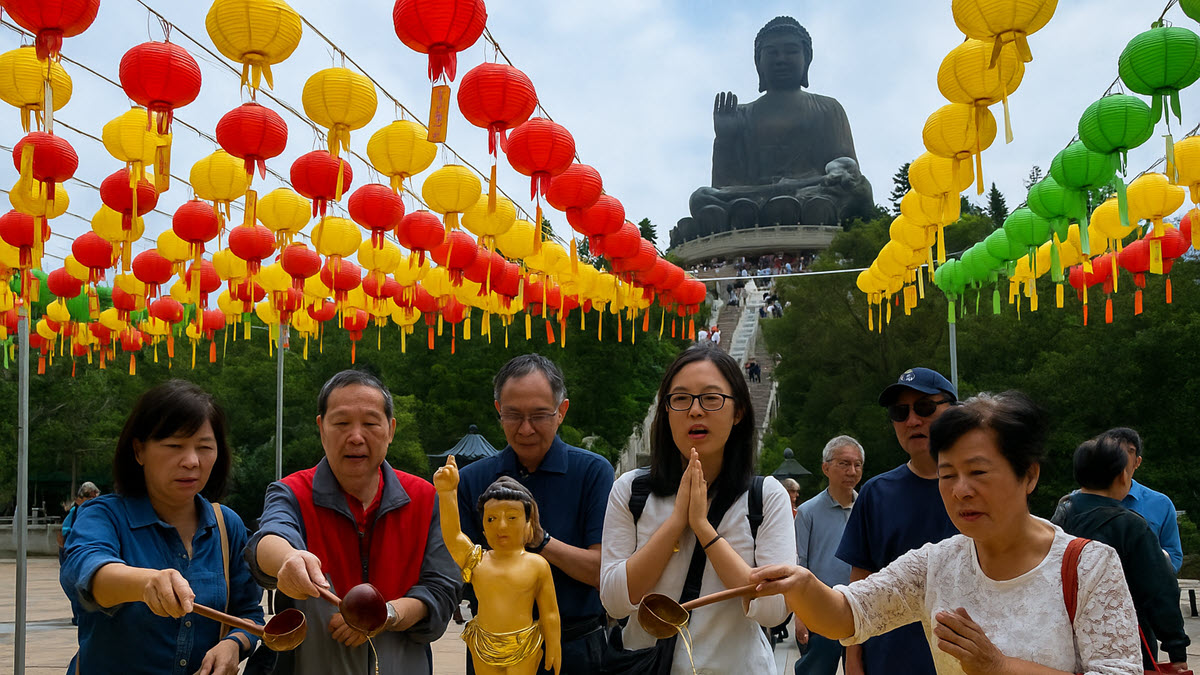
Buddha's Birthday (Hong Kong)
Buddha's Birthday in Hong Kong honors the birth of Siddhartha Gautama, the founder of Buddhism. It is a public holiday marked by ceremonies, temple visits, and the ritual of bathing the Buddha, symbolizing purity, compassion and spiritual renewal.
-
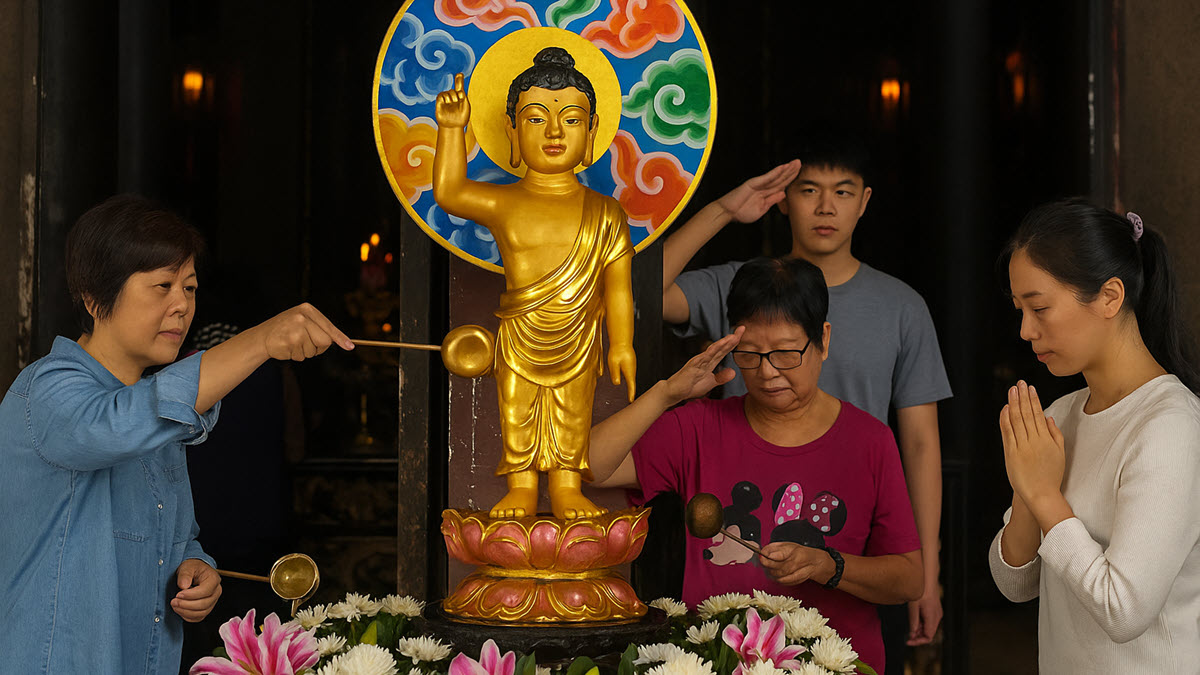
Buddha's Birthday (Macau)
Buddha's Birthday honors the birth of Siddhartha Gautama, the founder of Buddhism. The day is marked with temple ceremonies, incense offerings, and the symbolic "Bathing of the Buddha" ritual, where devotees pour water over Buddha statues to signify purification and renewal. Many people visit temples to pray for peace, compassion and good fortune.